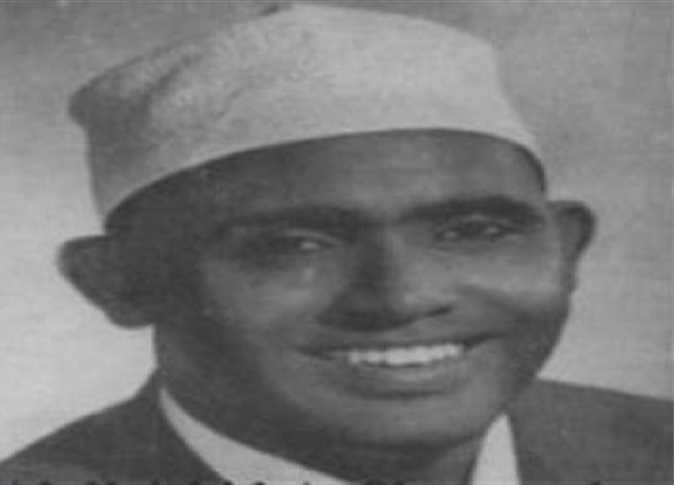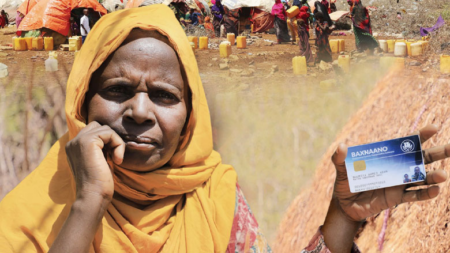Abdirashid Ali Sharmarke, Somalia’s second president, remains one of the most influential and tragic figures in Somali history.
Born on October 16, 1919, in Harardhere from Darod clan, Sharmarke’s life symbolized Somalia’s early hopes for democracy and unity.
Educated first in traditional Qur’anic schools, he later graduated from Sapienza University in Rome in 1959 with a degree in political science—a rare achievement for Somalis at the time.
Abdirashid Ali Sharmarke Political Career
Abdirashid Ali Sharmarke began his political journey as a member of the Somali Youth League (SYL), the leading nationalist party that fought for independence.
After Somalia gained independence in July 1960, he was appointed Prime Minister under the country’s first president, Aden Abdulle Osman Daar.
Known for his diplomatic temperament and reformist vision, Sharmarke played a crucial role in shaping Somalia’s first democratic institutions and its foreign policy of neutrality during the Cold War.

How Sharmarke Reached the Presidential Palace?
In 1967, he won the national presidential elections, succeeding Osman Daar to become Somalia’s second president.
His administration sought to strengthen democratic governance, expand education, and modernize infrastructure.
While maintaining delicate clan balance in government—a challenging task in the newly independent nation.
The Assassination that Ended Somalia’s Short-Lived Democracy
On October 15, 1969, while visiting Las Anod in northern Somalia, President Sharmarke was assassinated by one of his own bodyguards at close range.
His sudden death shocked the nation and created a dangerous political vacuum.
Just six days later, on October 21, 1969, army officers led by Major General Mohamed Siad Barre staged a military coup, overthrowing the civilian government and bringing an end to Somalia’s short-lived democracy.
Sharmarke’s assassination marked the beginning of a new era in Somalia.
This era was defined by authoritarian rule, socialist policies, and eventually civil war.
The stability and promise of the democratic 1960s gave way to decades of turmoil and dictatorship.
Sharmarke’s Legacy
Beyond politics, Sharmarke’s legacy lives through his son, Omar Abdirashid Ali Sharmarke, who served twice as Somalia’s Prime Minister (2009–2010 and 2014–2017).
The younger Sharmarke followed his father’s footsteps in diplomacy and governance.
Advocating for reconciliation and international cooperation.
More than half a century after his death, Abdirashid Ali Sharmarke remains a symbol of Somalia’s democratic aspirations and a reminder of how one moment in history can alter a nation’s destiny.
His leadership and tragic end continue to shape Somali political memory and inspire calls for unity and civilian rule.








